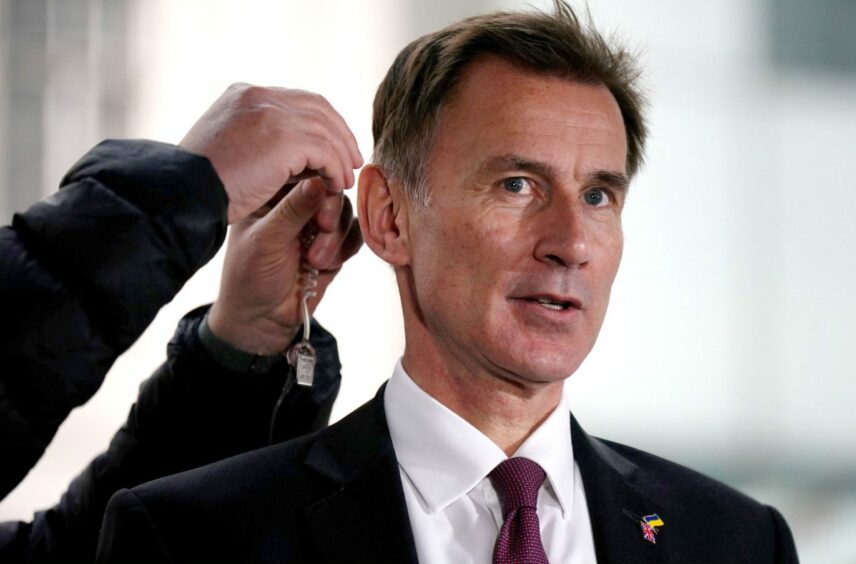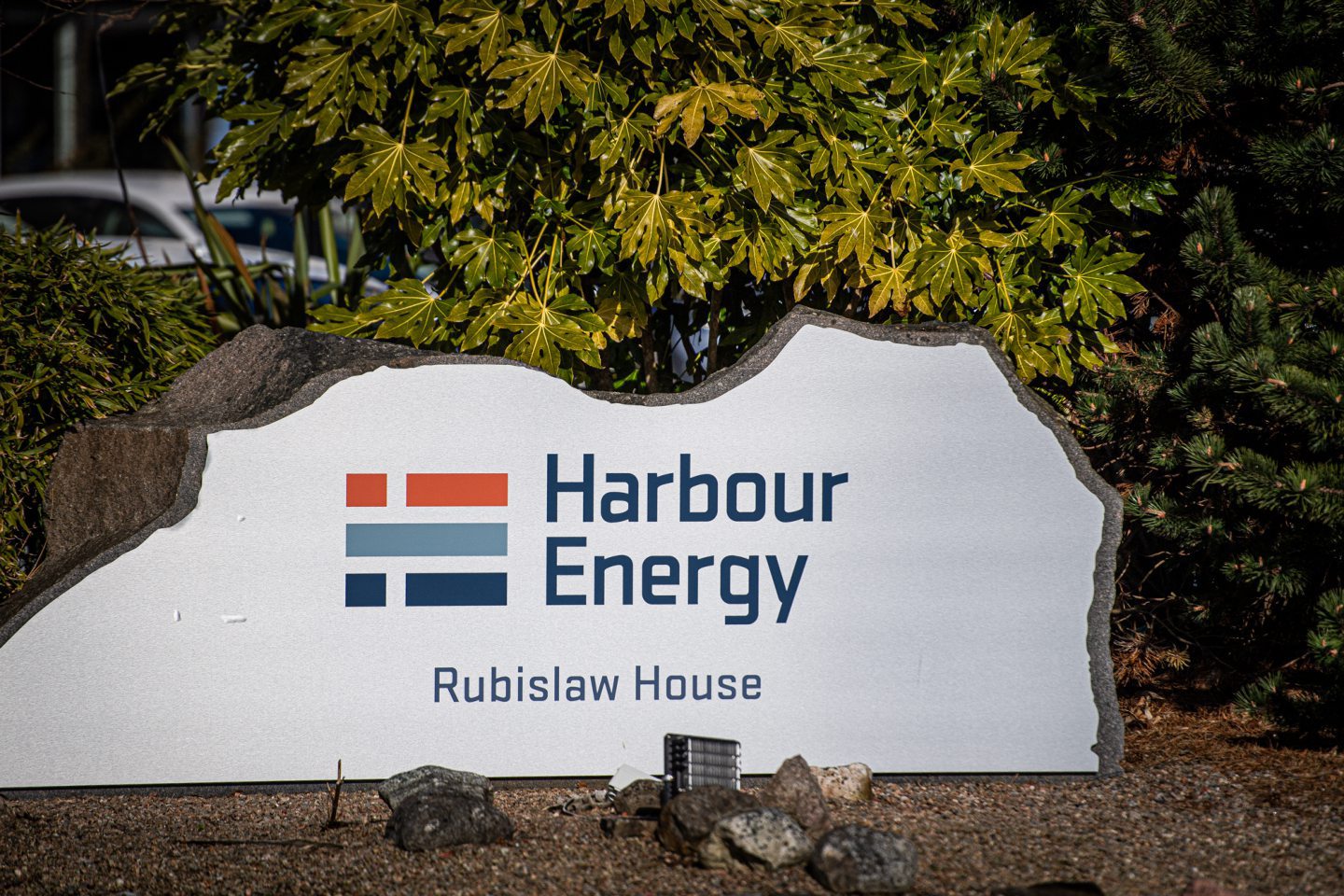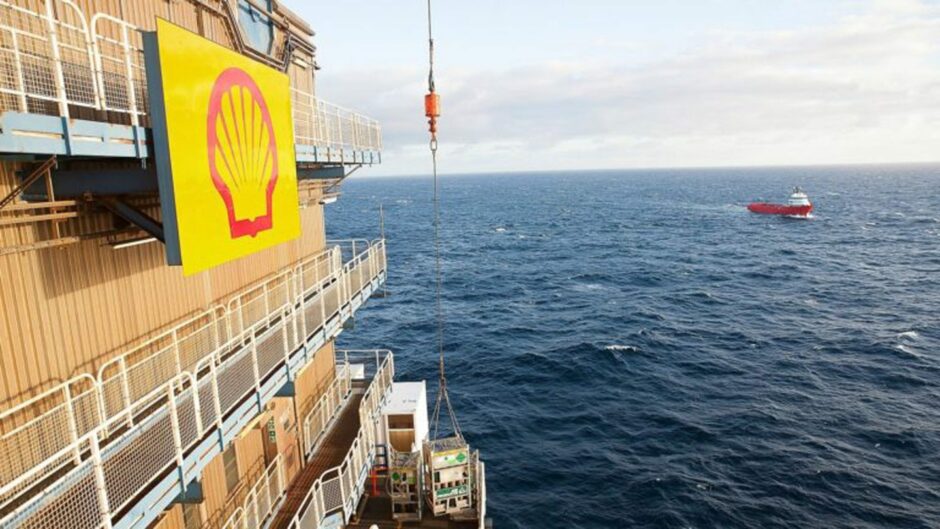
The UK Government has announced the windfall tax will be removed if oil and gas prices fall to “historically normal levels”.
The North Sea industry is currently taxed at 75% of profits, including the 35% windfall tax, which was introduced last year amid surging prices.
But the government said today if these fall “for a sustained period the tax rate for oil and gas companies will return to 40%”.
For the tax rate to drop, both average oil and gas prices need fall to, or below, $71.40 per barrel for oil and £0.54 per therm for gas, for two consecutive quarters.
Since last summer, oil and gas prices have dropped back to more average prices – with gas at around 60p a therm, from a peak of £6, and oil roughly $75 a barrel, down from $130 last year.
Several senior industry figures have said this show the windfall conditions have now gone, and the tax should be removed in full.
Indications windfall tax price floor ‘will never kick in’

Looking at the price floor, Claire Angell, partner and head of energy tax at KPMG in the UK said that ” forward price curves currently indicate that this relief will never kick in.”
The government this morning noted that, based on Office for Budget Responsibility projections, the windfall tax price floor won’t kick in before the sunset clause in March 2028.
However, the government hopes that despite this, the amendment to the legislation will encourage investment.
Ms Angell added: “With this being the third change to oil taxation in just over a year, fiscal uncertainty for those investing in the UK oil and gas sector remains a challenge for an industry whose future depends on long-term investment decisions.”
A price floor to the windfall tax has been a key ask of industry since the levy was reformed in November and upped to 35%.
Westminster is introducing the ‘Energy Security Investment Mechanism’ in a move that it claims will “give the oil and gas sector certainty to raise capital and invest in new and existing projects.”
Harbour to asses whether decision impacts job cuts
Harbour Energy, the North Sea’s largest producer, is planning 350 job cuts in its North Sea team, blaming the policy.
When asked if the update to the tax legislation would impact the decision to cut jobs, Harbour told Energy Voice: “We will take time to understand the detail of today’s announcement and the impact of it, if any, on our business and plans.”
The firm is also now rumoured to be in merger talks with US firm Talos Energy.
The majority of Harbour‘s onshore UK staff are based in Aberdeen.
TotalEnnergies and Shell voice opinions
Two oil and gas supermajors, Shell and TotalEnergies have joined the discussion surrounding the update to the EPL.
Shell says: “The price floor should help to improve investor confidence in the UK North Sea, which will remain crucial to maintaining Britain’s energy security in the coming years as we manage the orderly transition to a lower carbon energy system.
“We look forward to seeing further detail.”
This follows the firm’s former chief executive, Ben van Beurden, saying that he “flung open the door” to the controversial tax measure.
Mr van Beurden told the conference in 2022 “one way or another there needs to be government intervention”.
He added: “Protecting the poorest, that probably may then mean that governments need to tax people in this room to pay for it.”
Mr van Beurden stepped down from his post at the helm of the supermajor at the end of last year and has since been replaced by Wael Sawan, formerly Shell’s head of integrated gas and renewables.
The French major, TotalEnergies also joined the conversation, saying it will be “analysing the impacts on our business plans” following the announcement of the Energy Security Investment Mechanism.
TotalEnergies said: “We welcome the introduction of the Energy Security Investment Mechanism and are now analysing the impacts on our business plans.
“We also look forward to participating in the oil and gas fiscal regime review, including addressing continued support for decarbonisation projects.”
‘UK must be competitive’
When the windfall tax was raised in November, trade bodies like Offshore Energies UK (OEUK) said it “threatens to drive investment out of the UK altogether”.
The lack of a price floor has also been a measure stalling key project sanctions like the Cambo oilfield, with bosses saying it hinges on the implementation of reforms.
OEUK’s chief executive David Whitehouse has said: “We’ve always been clear that when the windfall conditions go, the windfall tax should go.”
However, the trade body said more needs to be done.
“Enabling continued UK energy production now and in future depends on a predictable and fair fiscal environment.
“The UK must be competitive if we are to be successful in the global race for energy investment.”
Industry stalwart Sir Ian Wood said it is a “modest step” towards a more stable fiscal regime.
“As prices return to normal and the windfall no longer exists, oil and gas producers are still experiencing one of the highest tax burdens of any sector in the world and the number of operators who have publicly announced plans to scale back or cancel operations in the North Sea with significant job losses linked directly to this policy is truly alarming.
“It remains to be seen whether or not this price floor will have any real impact in reversing these decisions and we urge the UK Government to monitor this closely and take further steps, as necessary, to protect the future of the industry.
Political backdrop
When the windfall tax was introduced in May 2022, under then-Chancellor Rishi Sunak, a price floor mechanism was in place, but this was later removed by Jeremy Hunt during his November reforms.
This latest move comes amid a political storm for the opposition Labour party around the oil and gas industry, and threats to cease North Sea licensing.
Consultancy Wood Mackenzie said this week that a Labour government threatens $30bn of UK energy investment.
Labour has also said it plans to tax the industry more heavily, including removing an investment allowance linked to the tax.
Gareth Davies MP, Exchequer Secretary to the Treasury, said: “It is right that we recover excess profits resulting from Putin’s war and use the money to help people with their energy bills.
“Thanks to the revenue raised from windfall taxes on energy profits, we have helped save the typical household over £1,300 on their energy bill last winter.”
He added: “It would be beyond irresponsible to turn off the North Sea taps overnight. Without oil and gas from British waters, we would be forced to import even more from overseas, putting our security of supply at risk.”
Windfall tax price floor is ‘step in the right direction’
The Aberdeen and Grampian Chamber of Commerce (AGCC) has previously spoken out about the negative impacts of the EPL on the oil and gas sector, however, it says this update signals a “step in the right direction.”
That being said, The chamber says the announcement “will do little to reverse the worrying trends” seen within the industry.
Russell Borthwick, chief executive at AGCC, said: “Prices have already returned to historically normal levels, so there are no windfall profits to tax.
“The changes announced today will do little to reverse the worrying trends we are seeing as it’s highly unlikely the oil price will fall below the floor of $72 for a six-month period any time soon.
“A punitive tax rate of 75% – one of the highest in the world – remains an ongoing threat to a world-leading sector that was once the jewel in the UK’s industrial crown.
“That rate needs revised downwards urgently.”
Tessa Khan of executive director of Uplift waded in on the discussion, saying: “This is the wrong decision by the Chancellor and shows that he is prepared to put the interests of profiteering oil and gas companies ahead of the British public.
“Everyone knows these oil and gas companies are still making huge profits, while households and ordinary business struggle with unaffordable energy bills, and while the climate crisis accelerates all around us.”
Ms Khan added: “Instead of bending to the will of oil companies, the Chancellor needs to accelerate a rapid shift away from oil and gas onto cheaper renewables, which will guarantee lower bills and which polling shows is unsurprisingly what the majority of people in the UK want.”
The Trade Union Congress (TUC) also criticised the government’s plans to scale back the EPL saying “Ministers should not bow to pressure from oil and gas giants.”
TUC general secretary Paul Nowak said: “The government has left billions on the table by refusing to impose a proper windfall tax on excessive profits.
“Time and time again ministers have refused to take action to fix our broken energy market and stop this obscene price gouging.
“And now, the Conservative government is considering significantly scaling back this already-moderate windfall tax.
“Ministers should not bow to pressure from oil and gas giants. We need a government on the side of working people.”
Recommended for you


 © Supplied by Shell
© Supplied by Shell © Supplied by OEUK
© Supplied by OEUK © DCT Media
© DCT Media © Supplied by DCT Media
© Supplied by DCT Media © Supplied by Uplift
© Supplied by Uplift